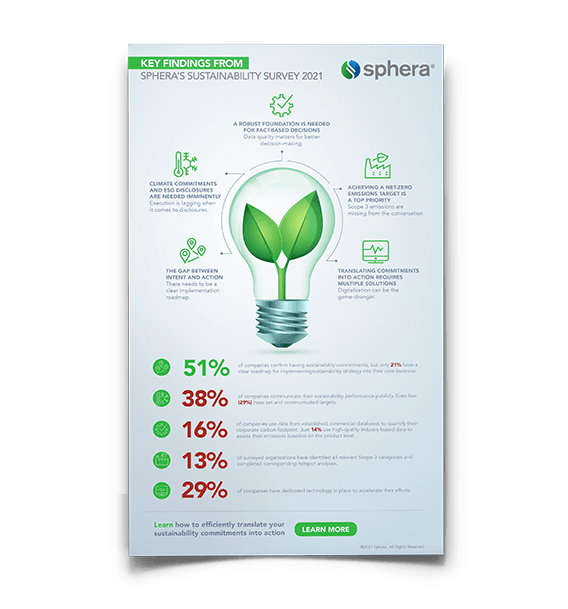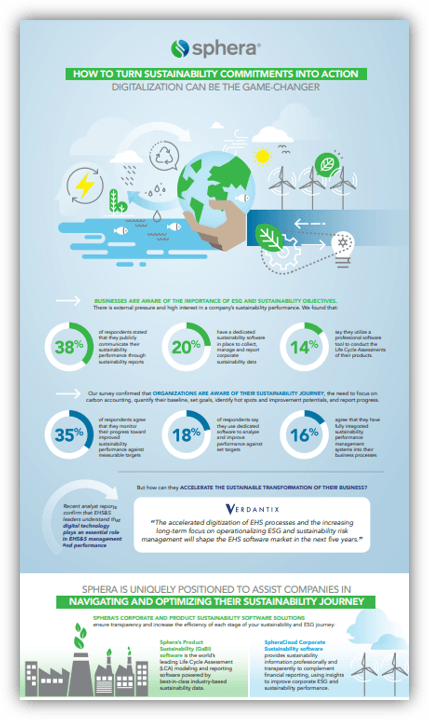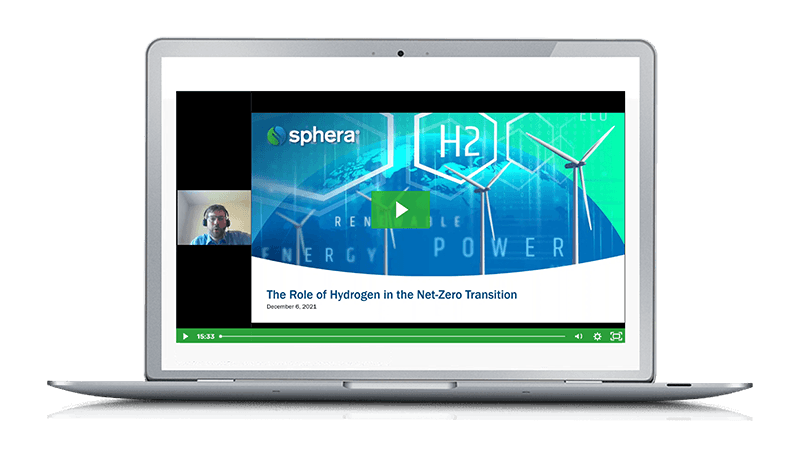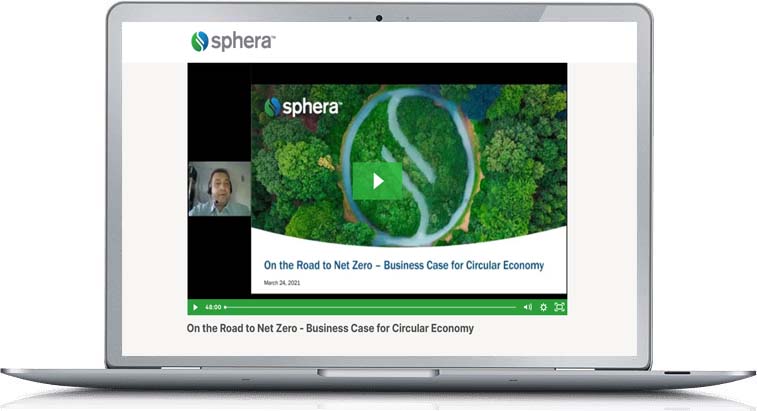Moving to a circular economy will be key to creating a more sustainable future. According to research from the Ellen MacArthur Foundation and Material Economics, regenerating farmland, designing to reduce waste and reusing materials could reduce annual greenhouse gas (GHG) emissions significantly. If the principles of a circular economy are applied to the steel, aluminum, cement and food sectors, it could reduce annual GHG emissions by 9.3 billion tons of CO2e by 2050, which is equivalent to eliminating all emissions from global transport, according to the Ellen MacArthur Foundation.
As the global focus on ESG continues to grow, the concept of a circular economy can be a useful framework for companies to follow to make their products and operations more sustainable. A circular economy focuses on the sustainable use of materials throughout the manufacturing process, where materials are used for more than one purpose and are recycled at the end of the product’s lifecycle.
It allows companies to generate additional value from the materials they use and reduce the risk involved with the procurement of those materials. These risks can include supply chain bottlenecks and fluctuations in material costs. The concept of a circular economy also includes the prevention of waste in manufacturing processes and helps ensure products are more durable and can be reused multiple times.
Read on for a breakdown of the different ways companies can use circular economy principles within their larger ESG strategies.

How Does a Circular Economy Relate to ESG?
According to the Ellen MacArthur Foundation, more companies across various sectors are beginning to adopt circular economy principles to reduce costs, increase revenues and reduce risk. As we covered in a recent Spark article, Starbucks has pledged to provide customers with reusable cup options by 2025 and achieve a 50% waste reduction in its stores by 2030.
In addition to the rising number of companies adopting circular economy initiatives, the number of regulations related to circular economy have been increasing as well. In the U.S., California’s Plastic Pollution Prevention and Packaging Producer Responsibility Act requires producers of single-use packaging and single-use plastic service ware to join a producer responsibility organization and sets targets for the recycling of plastic packaging manufactured or sold in the state. The EU is also setting higher targets for recycled materials, with its amended Directive 94/62/EC on Packaging and Packaging Waste setting a mandatory 55% recycling rate for plastic packaging by 2030.
Circular economy concepts, when integrated with larger ESG strategies, can act as a framework for improving sustainability and disclosing sustainability performance to stakeholders. In an episode of the SpheraNOW ESG podcast published earlier this year, James Pearson, a senior product manager in Sphera’s article compliance division, discussed the benefits of integrating circular economy strategies into ESG reporting programs.
“ESG frameworks help identify what sort of metrics [product manufacturers] should be concentrating on. If we’re looking at circular economy, we’re mostly focusing on product actors. And so when a product manufacturer is trying to identify metrics for disclosure, what they really want to do is look to their core business activities and the areas where they can drive for the most improvement,” he said.
For product manufacturers, taking a circular economy approach can help manufacturers reduce costs through more efficient use of materials.
“If product manufacturers can kind of drive improvements and mitigation measures across each of those product lifecycle phases, then that makes them very ripe and ideal for disclosure in the ESG sense,” Pearson said.
A Circular Economy’s Role in Reaching Net Zero Emissions
A circular economy is a useful framework for reducing GHG emissions related to materials. With the Intergovernmental Panel on Climate Change (IPCC) announcing that the world will need to reach net zero emissions by 2050 to stave off the worst effects of climate change, product manufacturers can contribute to achieving that goal by reducing their GHG emissions.
In addition to the recycling regulations imposed by the EU and other countries that we mentioned previously, meeting net-zero targets is becoming mandatory. For example, the EU adopted a new climate change law in 2021 that requires its 27 member states to cut GHG emissions by 55% from 1990 levels by 2030. The European Climate Law also includes the goal of establishing the EU as a net-zero economy by 2050. To comply with these regulations, product manufacturers will need to address the emissions that result from the manufacturing process and the materials used in that process.
Product manufacturers can begin to improve the sustainability of their products by conducting a life cycle assessment (LCA). LCAs can help product manufacturers determine the amount of waste produced in the manufacturing process, the amount of raw materials used and the GHG emissions resulting from them, as well as how waste is treated and recycled.
Once product manufacturers have this data, they can identify GHG emissions hotspots and develop a plan to tackle them. LCAs can be a useful tool as part of a larger circular economy approach by providing the data needed to improve product sustainability.

Coming Full Circle: Circular Economy and ESG
Product manufacturers can embrace a circular economy framework to reduce the emissions from their products, mitigate risk in the material procurement process and comply with regulations and stakeholder demands. Integrating circular economy concepts into a larger ESG strategy can help companies determine how to improve sustainability performance in the long term. Conducting LCAs can be an essential exercise in collecting the right data to reduce GHG emissions and ensure greater sustainability.










